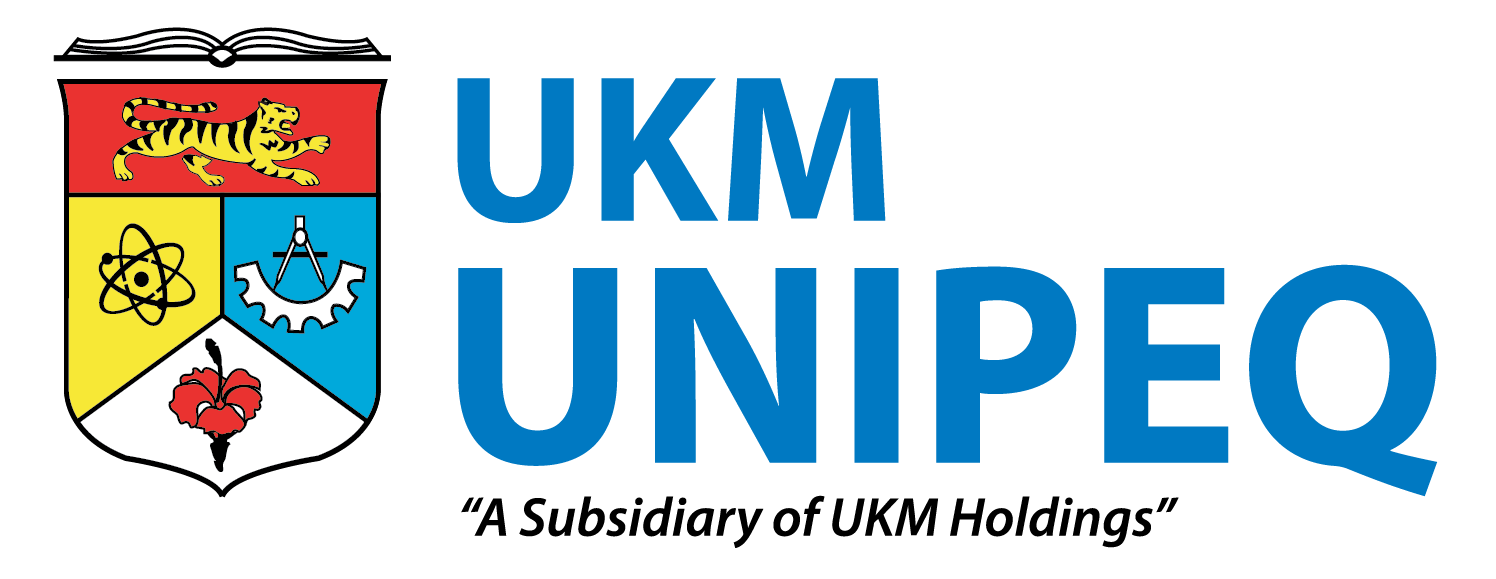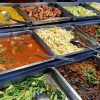
A Food Handling Course Online should comprehensively cover the principles and practices of safe food handling to ensure the health of consumers. Here’s an important checklist that such a course might include:
Introduction to Food Safety
- Definition and importance of food safety.
- Understanding foodborne illnesses.
Microbiology and Foodborne Illnesses
- Common pathogens causing foodborne illnesses.
- The difference between bacteria, viruses, parasites, and fungi.
Personal Hygiene
- Hand washing techniques and frequency.
- Proper use of gloves and disposable aprons.
- Handling illnesses and wounds.
Receiving and Storing Food Safely
- Checking temperature and packaging integrity.
- FIFO method (First In, First Out).
- Safe storage temperatures and methods.
Preparation, Cooking, and Serving
- Preventing cross-contamination.
- Thawing methods.
- Safe cooking temperatures for various foods.
- Use of thermometers.
Cleaning and Sanitizing
- Differences between cleaning and sanitizing.
- Correct use of detergents, sanitizers, and disinfectants.
- Color-coded cleaning tools and their significance.
Pest Control
- Recognizing signs of infestations.
- Safe methods of pest control and prevention.
Facility Management and Design
- Importance of proper ventilation, lighting, and facility layout.
- Safe food storage designs and practices.
Waste Management
- Proper disposal methods.
- Recycling and composting best practices.
Allergens and Food Sensitivities
- Recognizing common food allergens.
- Best practices for allergen management and communication.
Crisis Management
- Handling food recalls.
- Dealing with outbreaks and public communications.
Legal and Compliance
- Overview of local and national food safety regulations.
- Reporting requirements.
Continuous Learning and Updates
- Keeping updated with the latest in food safety.
- Recertification details and frequency.
Assessment and Certification
- Testing knowledge with quizzes and exams.
- Providing certification upon successful completion.
This checklist should serve as a guide for what to expect from a comprehensive online food handling course. However, always ensure that the course you choose is accredited or recognized by relevant food safety authorities or organizations in your region or country.




